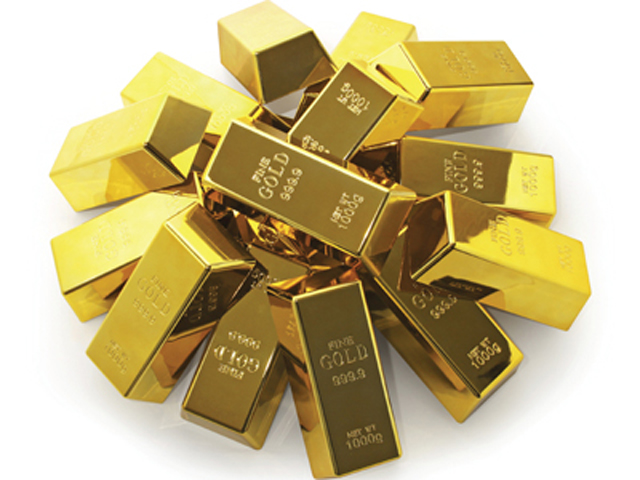
Investing in gold has been a popular choice for individuals looking to diversify their investment portfolios and hedge against economic uncertainties. For Melbourne gold buyers, understanding the ins and outs of gold investment is crucial to making informed decisions. This comprehensive guide will walk you through everything you need to know about investing in gold in Melbourne.
Table of Contents
Why Invest in Gold?
Gold has long been considered a safe haven asset, particularly during times of economic instability. Its value tends to hold steady or even increase during periods of market volatility, making it an attractive option for investors seeking to protect their wealth. Additionally, gold is a tangible asset that is not subject to the same risks as paper currency, such as inflation or political instability.
Ways to Invest in Gold
There are several ways to invest in gold, each with its own set of benefits and risks. Some of the most common methods include:
Physical Gold: This involves purchasing gold bars, coins, or jewelry. While this method allows you to own physical gold, it also comes with the risk of theft or loss.
Gold Exchange-Traded Funds (ETFs): ETFs are investment funds that are traded on stock exchanges. They are backed by physical gold and offer a convenient way to invest in gold without the need for storage.
Gold Futures Contracts: Futures contracts allow investors to buy or sell gold at a predetermined price at a specified time in the future. This method requires a good understanding of the market and is more suited to experienced investors.
Gold Mining Stocks: Investing in gold mining companies can be a way to indirectly invest in gold. how to invest in gold, this method is subject to the risks associated with the mining industry.
Gold Mutual Funds: Mutual funds that invest in gold-related assets, such as mining stocks or gold bullion, offer a diversified approach to investing in gold.
Tips for Investing in Gold
Do Your Research: Before investing in gold, take the time to educate yourself about the market and the various investment options available to you.
Set Clear Goals: Determine why you want to invest in gold and what you hope to achieve. This will help guide your investment decisions.
Diversify Your Portfolio: While gold can be a valuable addition to your investment portfolio, it should not be the only asset you own. Diversifying your portfolio can help reduce risk.
Consider Storage Costs: If you choose to invest in physical gold, factor in the cost of storage and insurance.
Stay Informed: Keep up-to-date with market trends and economic news that could impact the price of gold.
The Role of Gold in the Economy
Gold plays a significant role in the global economy as a store of value and a medium of exchange. Central banks around the world hold gold reserves as part of their currency reserves, adding to its allure as a stable asset. Additionally, gold is used in various industries, such as electronics and jewelry, which creates additional demand and influences its price.
Factors Affecting the Price of Gold
Several factors can affect the price of gold, including:
- Supply and Demand: Like any commodity, the price of gold is influenced by supply and demand dynamics. Factors such as mining output, central bank purchases, and industrial demand can all impact the price.
- Inflation: Gold is often seen as a hedge against inflation, as its value tends to rise when the purchasing power of fiat currencies declines.
- Geopolitical Events: Political and economic uncertainty can drive investors to seek safe haven assets like gold, causing its price to increase.
- Interest Rates: Changes in interest rates can affect the price of gold. For example, when interest rates are low, the opportunity cost of holding gold is lower, making it more attractive to investors.
Risks of Investing in Gold
While gold can be a valuable addition to an investment portfolio, it is not without risks. Some of the risks associated with investing in gold include:
Price Volatility: The price of gold can be volatile, and investors may experience significant fluctuations in value.
Storage and Insurance Costs: Physical gold requires storage and insurance, which can add to the overall cost of investment.
Regulatory Risks: Changes in regulations, such as restrictions on gold ownership or trading, can impact the value of gold investments.
Counterparty Risk: When investing in gold through financial instruments such as ETFs or futures contracts, there is a risk that the issuer or counterparty may default, leading to losses.
Conclusion
Investing in gold can be a wise decision for Melbourne gold buyers looking to protect their wealth and diversify their portfolios. By understanding the various ways to invest in gold and following these tips, you can make informed decisions that will benefit you in the long run.
